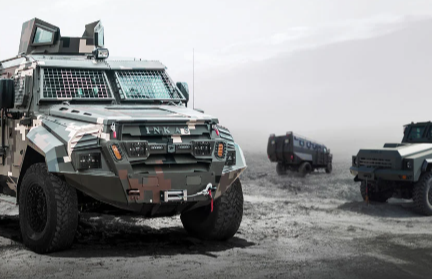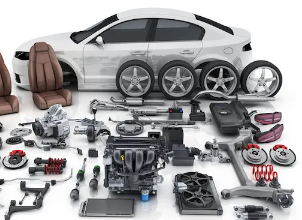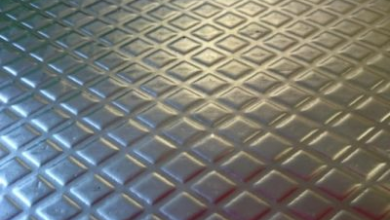Regulations and Legal Considerations for Armored Ford Cars

Regulations and legal considerations for armored Ford cars encompass a range of factors that impact their production, sale, ownership, and operation. Armored vehicles, including those based on Ford models, are subject to specific laws and regulations designed to ensure safety, compliance with standards, and lawful use. Here’s an overview of the key regulations and legal considerations applicable to armored Ford cars:
1. Armoring Standards and Certification:
- NIJ Standards: In the United States, armored vehicles typically adhere to ballistic protection standards set by the National Institute of Justice (NIJ). These standards classify levels of ballistic resistance based on the types of firearms and ammunition they can withstand.
- European Standards: In Europe, vehicles may conform to standards set by CEN (European Committee for Standardization) for ballistic and blast protection. These standards ensure that armored vehicles meet specified levels of protection against threats.
2. Vehicle Modifications and Certification:
- Structural Integrity: Armoring involves significant modifications to a vehicle’s structure, including reinforcing the chassis, installing bulletproof glass, and adding armor plating. These modifications must maintain the vehicle’s structural integrity and comply with automotive safety standards.
- Certification and Testing: Armored Ford cars often undergo rigorous testing and certification processes to verify their ballistic and blast protection capabilities without compromising vehicle performance, handling, or safety features.
3. Legal Requirements for Ownership and Operation:
- Registration and Documentation: Armored vehicles must be registered with appropriate authorities, and owners may need to provide documentation certifying the vehicle’s armor specifications and compliance with safety standards.
- Vehicle Weight and Modifications: Some jurisdictions impose regulations on vehicle weight and modifications that could affect road safety, traffic laws, and environmental standards. Armored Ford cars may require special permits or approvals for certain modifications.
- Use of Armor-Penetrating Ammunition: Restrictions may apply to the use or possession of armor-penetrating ammunition, particularly in civilian contexts, to prevent misuse or illegal activities.
4. Export Controls and International Regulations:
- ITAR (International Traffic in Arms Regulations): Armored vehicles with specific military-grade protection may fall under ITAR regulations in the United States, which control the export and import of defense-related articles and services.
- Dual-Use Goods: In Europe and other regions, armored vehicles may be classified as dual-use goods, subject to export control regulations to prevent their misuse or diversion for illicit purposes.
5. Insurance and Liability Considerations:
- Insurance Coverage: Owners of armored Ford cars may require specialized insurance coverage to protect against risks associated with theft, damage, or liability in the event of an incident involving the vehicle.
- Liability for Modifications: Modifications made to Ford vehicles to install armor plating and other protective measures should comply with manufacturer warranties and legal requirements to avoid voiding coverage or facing liability issues.
- Read more Navigating Plumbing Emergencies in Burlington
6. Compliance with Local Laws and Regulations:
- Traffic Laws and Regulations: Armored Ford cars must comply with local traffic laws regarding vehicle operation, speed limits, parking regulations, and roadworthiness inspections.
- Import and Customs Regulations: Importing armored Ford cars into different countries requires compliance with customs regulations, duties, taxes, and declarations regarding the vehicle’s specifications and intended use.
7. End-User Certification and Background Checks:
- Security Clearances: In some jurisdictions, purchasers or users of armored vehicles may be subject to background checks or security clearances to ensure that they meet legal requirements and do not pose a security risk.
Conclusion:
Navigating the regulations and legal considerations for armored Ford cars involves understanding specific standards for armor protection, vehicle modifications, ownership, operation, and international trade. Compliance with these regulations ensures safety, security, and lawful use of armored vehicles while addressing liabilities and responsibilities associated with their ownership. Prospective buyers and owners should consult with legal experts and regulatory authorities to ensure full compliance with applicable laws and regulations in their region or country.







